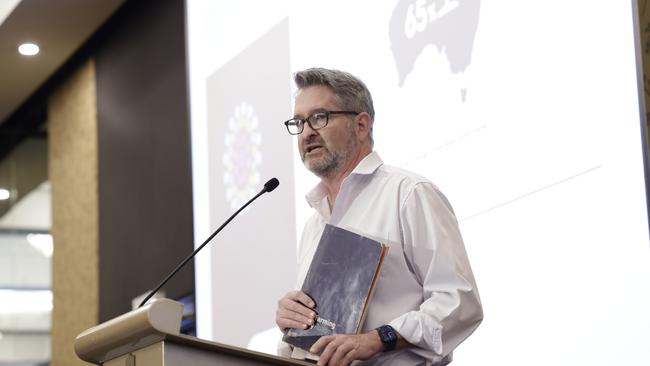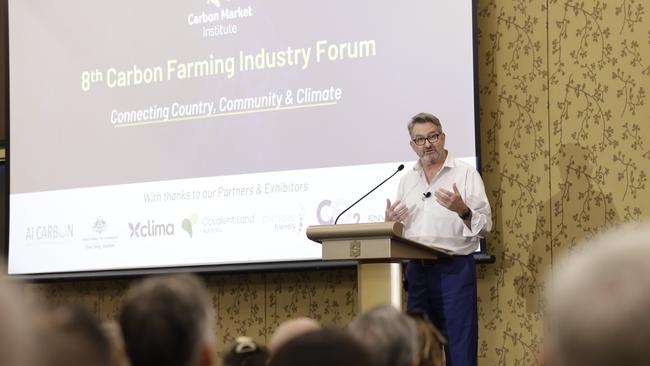Carbon scorecard has Queensland, NSW, federal government on top
Hundreds of land owners in Queensland are seriously considering carbon farming, with the state ranked as the most supportive for the burgeoning industry.

Queensland has taken out the top spot as the best jurisdiction in the country for carbon farming support, according to a new scorecard.
The Carbon Market Institute’s third annual scorecard, released this week, said the government of the sunshine state was the best in the country for supporting the burgeoning sector and realising gains for landholders and investors.
Among Queensland’s top achievements listed in the scorecard was its Carbon Farming Advice Scheme, which since 2020 has awarded up to $10,000 to more than 260 landholders to assist with the costs of receiving carbon farming advice.
The federal government and the states of Queensland and NSW took out the podium spots in the latest scorecard.
The scorecard, which marks the states, territories and federal government on the level of support given for carbon farming in their jurisdictions, was prepared in conjunction with KPMG.
Queensland scored 83 per cent, the federal government 79 per cent and NSW 74 per cent.
The worst performing jurisdictions were Victoria with 48 per cent, Tasmania (39 per cent) and the Northern Territory (35 per cent).
Western Australia had the largest jump in score, now sitting on 59 per cent.
“We’re very much in this renovation job to try to rebuild investor and community confidence, and it’s why it’s critical we make this progress,” CMI chief executive John Connor told The Australian from CMI’s Carbon Farming Industry Forum in Cairns.
“Improvements have been incremental this year, we’re seeing carbon markets globally have credibility challenges, but investment is picking back up again,” he said.

The scorecard rates each region on 12 criteria that come from the institute’s four main pillars of industry development: optimising policy frameworks and market design; unlocking finance and investment; quantifying co-benefits and creating new markets; and communicating benefits and building capacity.
Key among the major improvements to the federal government’s scorecard was the implementation of a first tranche of changes borne from the Australian Credit Carbon Unit review, the first set in a three-step makeover.
First known as the emissions reduction scheme, after being introduced during the Gillard government and pushed further by subsequent Coalition governments, Mr Connor said changes to the credit framework were integral to make it “fit for purpose … and heighten transparency”.
Mr Connor also said the $48m allocated in the latest federal budget to implementing the reforms, as well as an announcement from Climate Change Minister Chris Bowen at Tuesday’s forum announcing the allowance of alternate carbon credit methods from carbon project stakeholders will further enhance the future of carbon farming.
But, Mr Connor’s main message is: “it’s very much a work in progress, the renovation is still not complete”.
“At the moment we can’t export (ACCUs) yet, but it’ll be an export industry in time,” Mr Connor said, adding he expects the price per unit to reach $100 domestically by 2030.





To join the conversation, please log in. Don't have an account? Register
Join the conversation, you are commenting as Logout